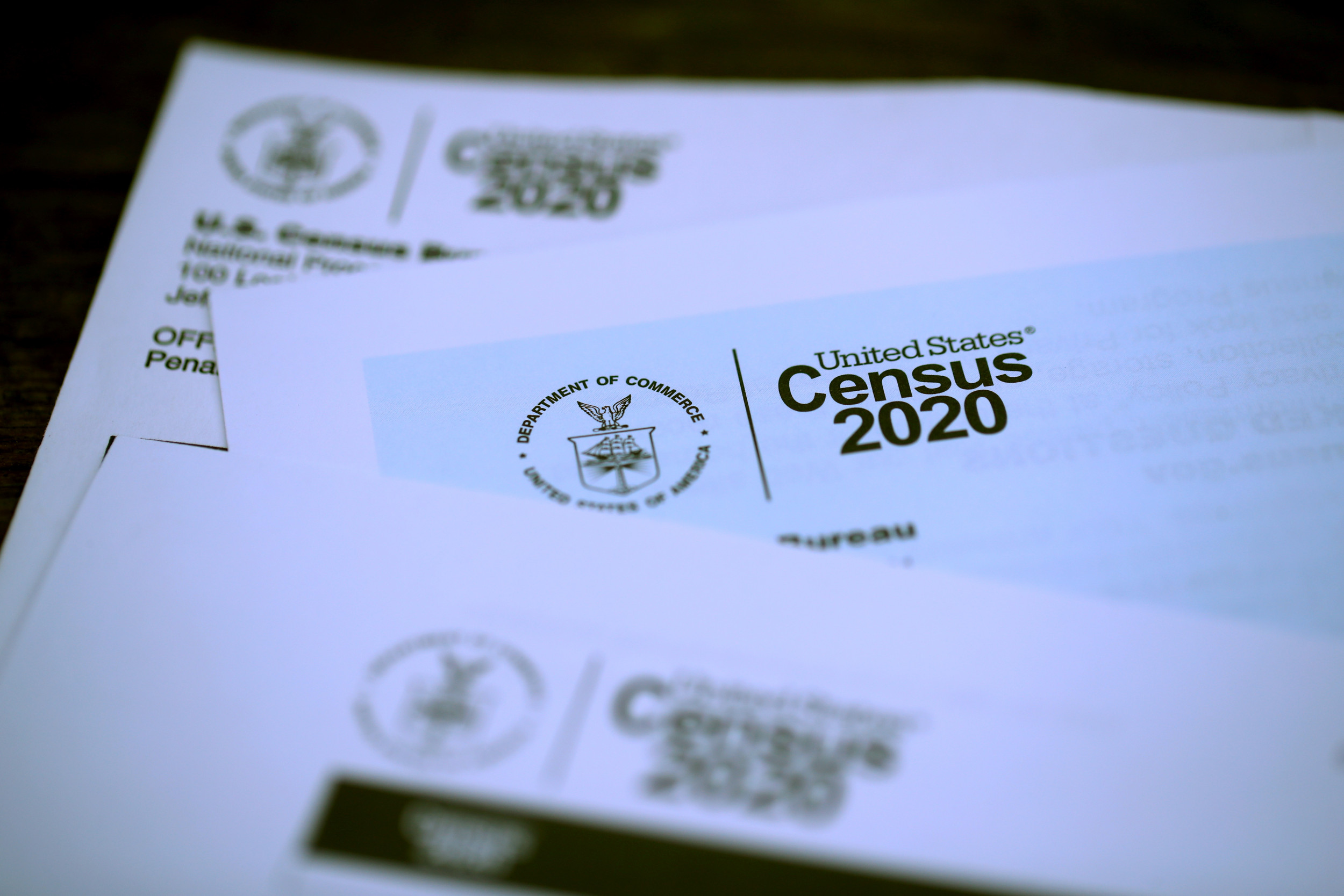The persistence of myth: Brazil’s undead ‘racial democracy’Posted in Articles, Brazil, Caribbean/Latin America, Media Archive, Politics/Public Policy on 2022-02-14 18:42Z by Steven |
The persistence of myth: Brazil’s undead ‘racial democracy’
Contemporary Political Theory
Volume 20, Issue 4, December 2021
Pages 749–770
DOI: 10.1057/s41296-021-00477-x
Sharon Stanley, Professor of Political Science
University of Memphis, Memphis, Tennessee
This article addresses a recurrent tension in the literature on race and racism in Brazil. On the one hand, we find the so-called myth of racial democracy presented as the dominant racial ideology in Brazil, obscuring enduring racial inequality and thwarting the development of a mass-movement for racial justice. On the other hand, we find periodic announcements that the myth of racial democracy has definitively died. Accordingly, I theorize the myth of racial democracy as a paradoxically undead myth and ask what it is about the form of this peculiar myth that allows it to survive its own repeated death. Drawing on Roland Barthes’ theory of myth, I show how the celebration of racial mixture, or mestiçagem, functions as a mythological signifier of racial democracy that operates beneath and beyond the level of conscious thought, activating powerful affects and desires even in those who ostensibly know better.
Read or purchase the article here.




